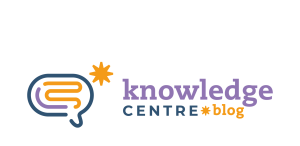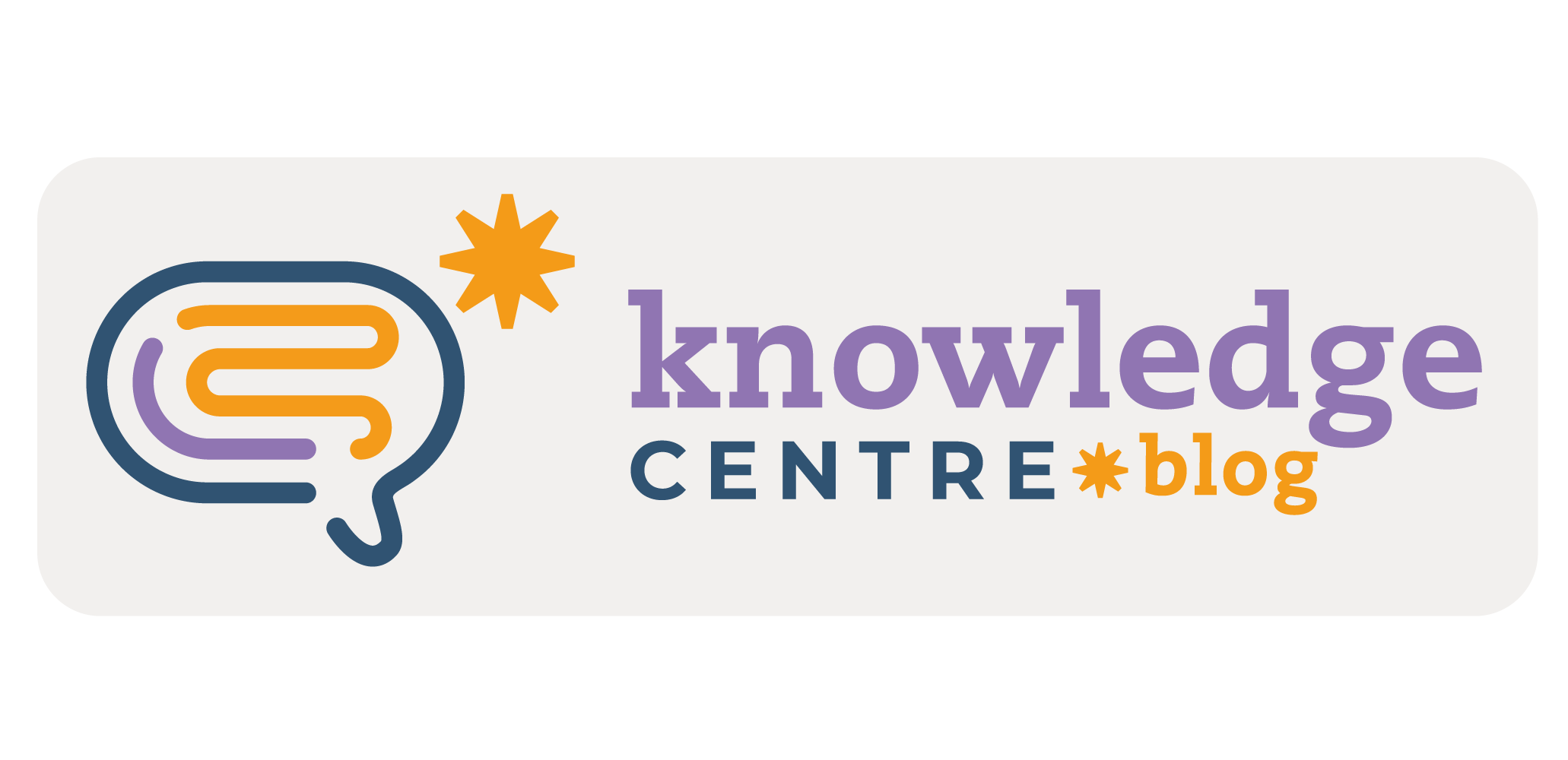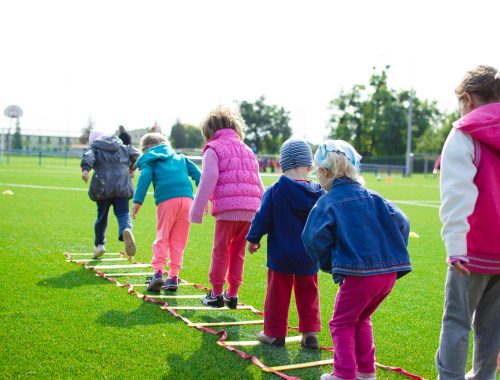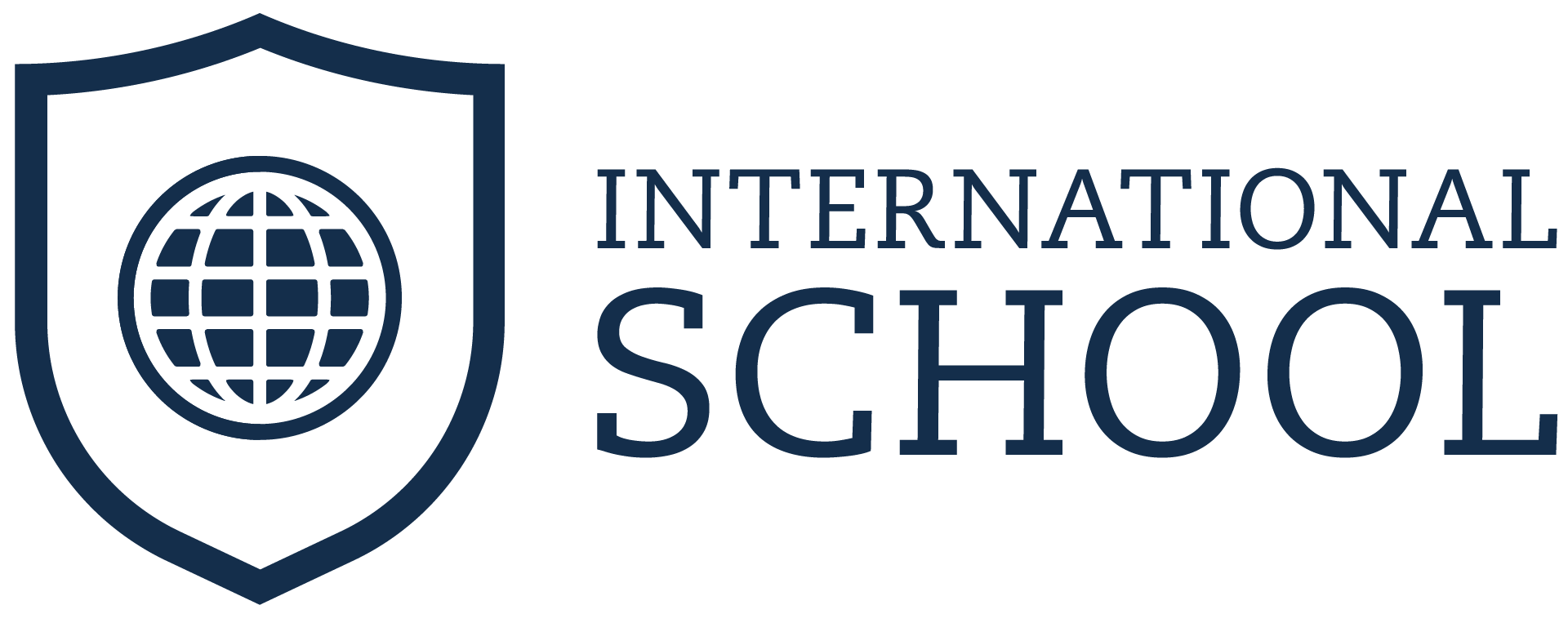What is involved in developing writing skills?
Nobody would doubt the importance of writing in our lives. It is one of the bases upon which our work, learning and intellect will be assessed at school/university, in the workplace and in the community. For learners of English, Hermansson and Lindgren (2019) point out that they “have to juggle ideas, content, language norms (spelling, grammar etc.), genre, the reader, motor skills like holding the pen or navigating the keyboard, etc. while simultaneously writing a text”. Juggling these complex cognitive processes is especially challenging for learners in the first and second grades, who have not yet fully automatised each process, placing strong demands on working memory each time they need to write something in English.
When should teachers begin explicit instruction in writing in an additional language?
In an insightful study of a two-way bilingual immersion programme, Bertha Pérez (2004) reported that their chosen approach for the development of English writing began after learners had attained “second-grade level reading and writing in the district’s assessment programme”. In Brazil, the national curricular standards (BNCC) also indicate that learners consolidate their literacy skills by the end of the second grade. Suggesting that directed development of writing skills in an additional language take place when learners have developed a satisfactory degree of reading and writing skills in Portuguese, that is, about halfway through the second grade is, therefore, a principled decision and there are good arguments in favour of such an approach, as indicated in the next section.
How does writing develop in an additional language?
Cummins’ (1981) theory of “common underlying proficiency” views the academic development of bilinguals as interdependent and building on each other. This means that knowledge gained while learning to read and write in Portuguese, for example, serves as a foundation and facilitates learning of reading and writing in English. A study by Finger, Brentano & Ruschel (2019) in the Brazilian context showed evidence that the development of writing strategies in Portuguese results in progress in English writing skills. In other words, there is simply no need to start the whole process from scratch, as we come to an understanding that bilingual learners do not process two separate systems, but a single integrated one.
Final thoughts
We need to bear in mind that learners attempt to read and write in English even prior to explicit teaching, as a result of a stimulating environment where they are allowed (and encouraged) to attempt both reading and writing either by themselves, with other children or in school activities within and beyond the classroom. Nevertheless, as most teachers in Brazilian bilingual schools have been trained as EFL teachers with little background on literacy issues, “it is often difficult for them to take on board the wider perspective of bilingual or multilingual education provision, including the recognition of the key role of learners’ first languages” (Mejía, 2017). This monoglossic view needs to be changed so that we can improve the quality of classroom practice when it comes to developing learners’ writing in English.
References
Brasil, MEC. Base Nacional Comum Curricular – BNCC, versão aprovada pelo CNE, novembro de 2017. <http://basenacionalcomum.mec.gov.br/wpcontent/uploads/2018/02/bncc-20dez-site.pdf>. Accessed on 23 Feb 2020.
Cummins, J. (1981). The role of primary language development in promoting educational success for language minority students. In: California State Department of Education (Ed.) Schooling and language minority students: A theoretical rationale. Los Angeles, CA: California State University.
Finger, I.; Brentano, L. & Ruschel, D. (2019). E quando a alfabetização ocorre simultaneamente em duas línguas? Reflexões sobre o biletramento a partir da análise de textos de crianças bilíngues. ReVEL. vol. 17, n. 33, 2019. <http://www.revel.inf.br/files/6277b88b1ab66e195ce7087ffbe0cbbb.pdf>. Accessed on 23 Feb 2020.
Hermansson, C. & Lindgren, E. (2019, December 19). Writing as a cognitive process. Cambridge World of Better Learning (blog) <https://www.cambridge.org/elt/blog/2019/12/19/writing-cognitive-process/>. Accessed on 23 Feb 2020.
de Mejía, A. (2017). Bilingual Education in Dominant Languages in South America. In García, O., Lin, A. M. Y., & May, S. (2017). Bilingual and multilingual education. Springer International Publishing.
Pérez, B. (2004). Becoming Biliterate: A Study of Two-Way Bilingual Immersion Education. Mahwah, NJ: ERLBAUM
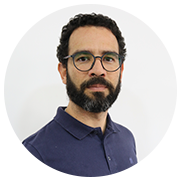
By Marcelo de Cristo
Marcelo de Cristo is Senior Pedagogic Specialist at International School and a life-long learner. He has worked extensively with language teacher education in Brazil, Latin America and the UK for the past 15 years. He is also a founding member and former president of the BRAZ-TESOL RN chapter. He loves the poetry of life and sometimes dares to put some down on paper.
